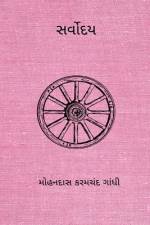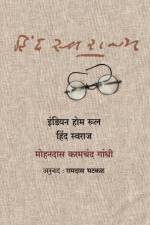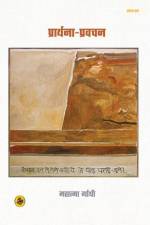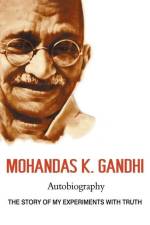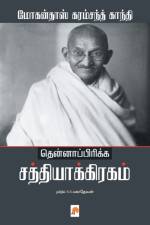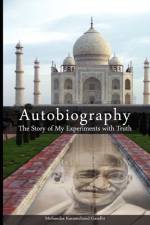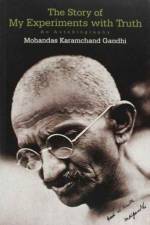- The Story of My Experiments with Truth
av Mohandas Karamchand Gandhi
325,-
"My purpose," Mahatma Gandhi writes of this book, "is to describe experiments in the science of Satyagraha, not to say how good I am." Satyagraha, Gandhi's nonviolent protest movement (satya = true, agraha = firmness), came to stand, like its creator, as a moral principle and a rallying cry; the principle was truth and the cry freedom. The life of Gandhi has given fire and fiber to freedom fighters and to the untouchables of the world: hagiographers and patriots have capitalized on Mahatma myths. Yet Gandhi writes: "Often the title [Mahatma, Great Soul] has deeply pained me. . . . But I should certainly like to narrate my experiments in the spiritual field which are known only to myself, and from which I have derived such power as I possess for working in the political field."Clearly, Gandhi never renounced the world; he was neither pacifist nor cult guru. Who was Gandhi? In the midst of resurging interest in the man who freed India, inspired the American Civil Rights Movement, and is revered, respected, and misunderstood all over the world, the time is proper to listen to Gandhi himself — in his own words, his own "confessions," his autobiography.Gandhi made scrupulous truth-telling a religion and his Autobiography inevitably reminds one of other saints who have suffered and burned for their lapses. His simply narrated account of boyhood in Gujarat, marriage at age 13, legal studies in England, and growing desire for purity and reform has the force of a man extreme in all things. He details his gradual conversion to vegetarianism and ahimsa (non-violence) and the state of celibacy (brahmacharya, self-restraint) that became one of his more arduous spiritual trials. In the political realm he outlines the beginning of Satyagraha in South Africa and India, with accounts of the first Indian fasts and protests, his initial errors and misgivings, his jailings, and continued cordial dealings with the British overlords. Gandhi was a fascinating, complex man, a brilliant leader and guide, a seeker of truth who died for his beliefs but had no use for martyrdom or sainthood. His story, the path to his vision of Satyagraha and human dignity, is a critical work of the twentieth century, and timeless in its courage and inspiration.

